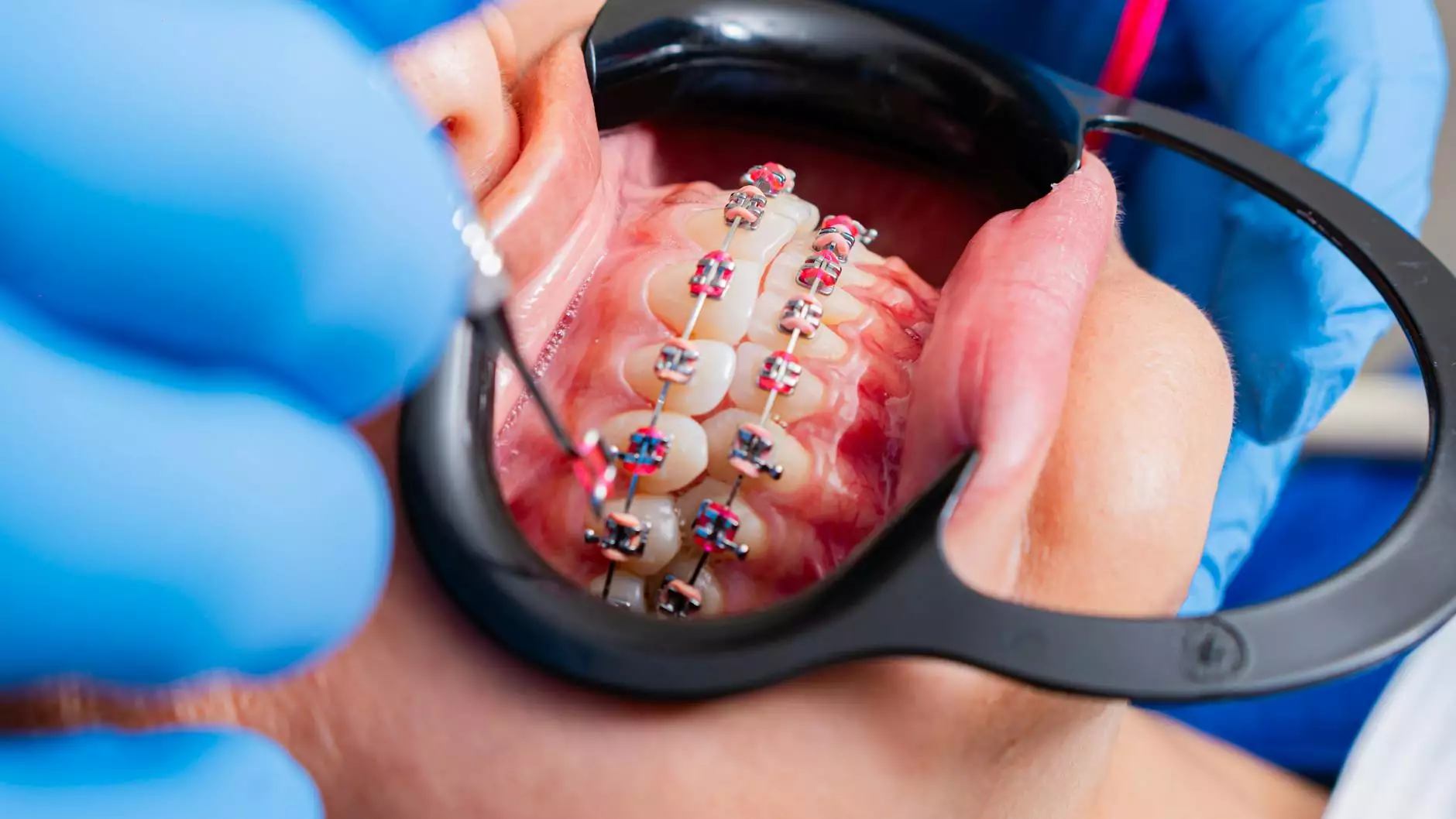Understanding Shock Absorber Car Cost: A Comprehensive Guide

When it comes to maintaining your vehicle's performance and ensuring a smooth ride, shock absorbers play a crucial role. They help control the impact and rebound movement of your car's springs and suspension. However, many car owners often wonder about the shock absorber car cost and what factors influence these prices. This article delves into every aspect of shock absorbers, detailing their function, types, and how to choose the right one while providing a thorough understanding of the costs involved.
The Role of Shock Absorbers in Your Vehicle
Shock absorbers serve multiple purposes in your vehicle, including:
- Improved Ride Quality: They smooth out the ride by dampening the impact of bumps and potholes.
- Enhanced Vehicle Control: Shock absorbers help maintain tire contact with the road, enhancing stability and control.
- Prevention of Excessive Wear: By controlling the motion of the suspension, they minimize wear and tear on other vehicle components.
Types of Shock Absorbers
Understanding the different types of shock absorbers available can help you make an informed decision when considering the shock absorber car cost. The main types include:
1. Twin-Tube Shock Absorbers
This is the most common type of shock absorber found in vehicles today. Twin-tube shocks are efficient and effective at providing a smooth ride, making them suitable for everyday driving.
2. Mono-Tube Shock Absorbers
Generally offering better performance, mono-tube shocks utilize a single tube to house the shock fluid and gas, allowing for quicker response times and improved heat dissipation.
3. Coil-Over Shock Absorbers
These combination units include both the coil spring and the shock absorber. They are popular in performance cars and trucks due to their adjustability and improved handling characteristics.
4. Air Shocks
Used primarily in heavy-duty applications, air shocks can be adjusted for load capacity, providing the ability to support heavier loads and adjust ride height.
Factors Influencing Shock Absorber Car Cost
Evaluating the shock absorber car cost involves understanding various factors that contribute to the overall price. Here’s a breakdown of the key factors:
1. Type and Quality
The type of shock absorber significantly affects the price. For instance, mono-tube shocks tend to be more expensive than twin-tube ones due to their enhanced performance characteristics. Additionally, buying from reputable brands known for their quality can raise the costs.
2. Vehicle Make and Model
The specific make and model of your vehicle play an important role. High-demand vehicles may have more options, resulting in competitive pricing. Conversely, rare or luxury vehicles may have higher costs due to limited availability.
3. Installation Costs
While some might be tempted to install shock absorbers themselves, it’s often best to have them installed professionally. Labor costs can vary widely depending on the shop’s rates, which can range from $50 to $150 per hour.
4. Additional Components
If other related suspension components are causing issues, they may need to be replaced along with the shock absorbers. This can increase the overall shock absorber car cost.
5. Warranty and Lifespan
Higher-priced shock absorbers often come with longer warranties, suggesting higher quality and potentially greater lifespan, which could justify the expense in the long run.
Average Shock Absorber Costs
Here’s an overview of expected costs for different types of shock absorbers:
- Twin-Tube Shock Absorbers: $50 - $100 each
- Mono-Tube Shock Absorbers: $100 - $300 each
- Coil-Over Shock Absorbers: $150 - $500 each
- Air Shocks: $100 - $350 each
In addition to the cost of the shock absorbers themselves, you should budget for installation, which can add anywhere from $100 to $400 to the total cost, depending on the shop and the complexity of the installation.
Signs You Need to Replace Your Shock Absorbers
Recognizing when to replace your shock absorbers is essential for maintaining vehicle safety and performance. Look out for these signs:
- Increased Bouncy Ride: If your vehicle feels overly bouncy after hitting bumps, it may be time for replacement.
- Uneven Tire Wear: Worn shocks can lead to uneven wear on tires, indicating that they might be failing.
- Fluid Leaks: If you notice oily spots on the shocks, it’s a sign they may be leaking and need to be replaced.
- Nose Diving: Excessive dive during braking or swaying during turns can indicate poor shock performance.
How to Choose the Right Shock Absorbers
Choosing the right shock absorbers requires careful consideration of several factors:
1. Assess Your Driving Needs
Determine how you use your vehicle. If you drive primarily on smooth highways, standard shocks may suffice. For off-road or performance driving, consider high-performance options.
2. Consider Your Vehicle Type
Certain vehicles, like trucks, may benefit from heavy-duty shock absorbers, while sports cars may require specialized options designed for enhanced control and responsiveness.
3. Research Reliable Brands
Always opt for shocks from reputable brands with positive reviews. Brands such as Bilstein, Monroe, and KYB are well-regarded in the industry.
4. Consult with a Professional
If unsure, consulting with a professional mechanic can help guide you in selecting the most appropriate shock absorbers for your vehicle’s make and model.
Conclusion: Balancing Cost and Quality
Understanding the shock absorber car cost is vital for any vehicle owner focusing on performance, safety, and comfort. Prices can vary significantly based on type, brand, and installation requirements. However, investing in high-quality shock absorbers pays off in the long run by providing better handling, improved ride quality, and extending the lifespan of your vehicle's suspension system. Always prioritize quality and seek professional advice to choose the best product for your needs.
With proper knowledge and attention to detail, you can ensure your vehicle remains in optimal condition while navigating the costs associated with shock absorbers effectively. Remember, effective suspension maintenance is crucial to enhance your driving experience and ensure your safety on the road.









